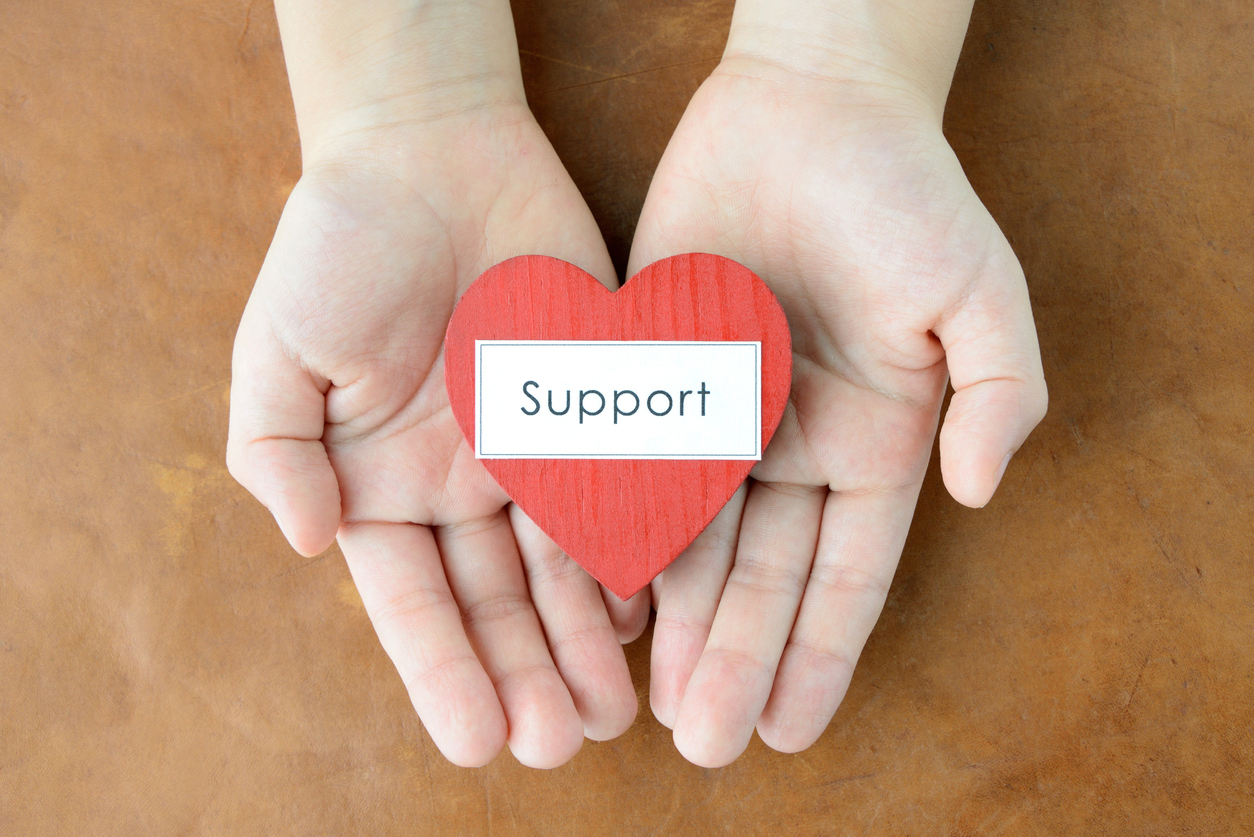Greene County’s S.A.F.E program continues to provide support for families dealing with substance abuse. Now, S.A.F.E. is launching a new program to further provide care to people dealing with addiction problems.
According to Mike Holloway, a family center administrator with Greene County Human Services, the S.A.F.E. program can help people in their own homes.
“Unlike traditional drug and alcohol services that would come in and do an assessment and then maybe recommend you for inpatient or detox or outpatient IAP or whatever it may be, we come to your home. So, you’re in the comfort of your own home, and we try to take a lot of the pressure off,” he says.
Holloway says the program is not limited to people who are already struggling with addiction.
“We try to keep it separate from the drug and alcohol program because it has a very heavy curriculum focused on parenting skills. So, for anybody that is dealing with past or current or even potential future drug and alcohol concerns that would put you in recovery or addiction or seek specialists are willing to work with you,” he says.
However, not all individuals are best treated within their own home. This is where the new Safe Spaces program comes in. It allows people struggling with addiction problems to seek help voluntarily in a new location.
“How do you change people, places and things when you’re surrounded by other addicts? Safe Spaces is our newest creation to try to combat those issues,” he says. “The safe space gives you a free space to tell your story, get it out, make it heard, and then identify peer support that can relate to you because a lot of your life experiences are going to be shared.”
Holloway says that the focus is on making patients feel comfortable and safe when they come in.
“When you come to the safe space, not only is it non-judgmental and unbiased, not only do you have access to two highly trained professionals that are a wealth of information, you also have access to peers that might be experiencing similar difficulties or successes and an opportunity to kind of engage in a different way,” he says. “There’ll be food, beverages, and snacks to make you comfortable. We don’t ask you to wear a name tag. You don’t have to share your story. We have activities that are appropriate, like meditation and self-care practices. We’ll try to teach you some of the things that are found in our same program.”
Holloway says that the goal of Safe Spaces, as well as the S.A.F.E. program in general, is to give people who need help access to the necessary resources.
“We’re going to alleviate that burden for you will carry the water, we’ll do the legwork and will connect you to the appropriate resource. And all along the way, we’re teaching you strategies to live a life in recovery, to live a life to manage your addiction,” Holloway says.
